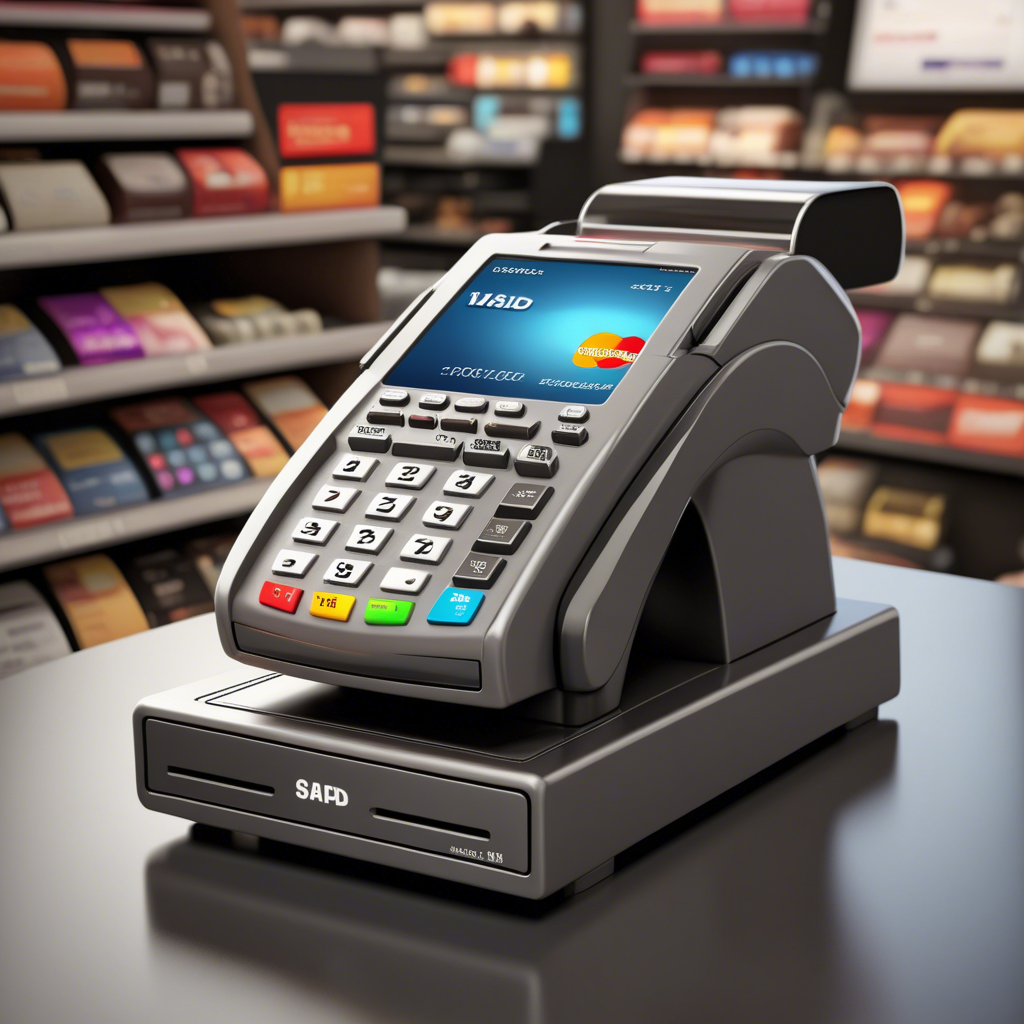In today’s digital age, using a credit card for everyday expenses has become increasingly common. While some people swear by the convenience and rewards offered by credit cards, others are more cautious about accumulating debt. In this article, we’ll explore the benefits and drawbacks of using a credit card for everyday expenses, helping you make an informed decision about whether this approach is right for you.
Benefits of Using a Credit Card for Everyday Expenses
- Convenience: Credit cards are widely accepted, making it easy to use them for everyday expenses like groceries, gas, and dining out.
- Rewards and Cashback: Many credit cards offer rewards programs, such as cashback, points, or travel miles, which can be redeemed for statement credits, gift cards, or other perks.
- Purchase Protection: Credit cards often provide purchase protection, which can refund or replace items that are lost, stolen, or damaged.
- Building Credit: Using a credit card responsibly can help you build credit, which can lead to better loan terms, lower interest rates, and greater financial flexibility.
- No Foreign Transaction Fees: Many credit cards don’t charge foreign transaction fees, making them a great option for international travel.
Drawbacks of Using a Credit Card for Everyday Expenses
- Accumulating Debt: If you’re not careful, using a credit card for everyday expenses can lead to overspending and accumulating debt, which can be difficult to pay off.
- Interest Charges: If you don’t pay your balance in full each month, you’ll be charged interest on your outstanding balance, which can add up quickly.
- Fees and Charges: Credit cards often come with fees, such as annual fees, late fees, and foreign transaction fees, which can eat into your rewards earnings.
- Overspending: Using a credit card can make it easier to overspend, as you’re not physically parting with cash.
- Credit Score Impact: Missed payments, high credit utilization, and credit inquiries can all negatively impact your credit score.
Best Practices for Using a Credit Card for Everyday Expenses
- Pay Your Balance in Full: To avoid interest charges, make sure to pay your balance in full each month.
- Set a Budget: Establish a budget and stick to it to avoid overspending.
- Choose a Card with No Annual Fee: If you’re not earning enough rewards to offset the annual fee, consider a card with no annual fee.
- Monitor Your Credit Utilization: Keep your credit utilization ratio below 30% to avoid negatively impacting your credit score.
- Use a Card with a Low Interest Rate: If you do need to carry a balance, choose a card with a low interest rate to minimize interest charges.
Conclusion
Using a credit card for everyday expenses can be a convenient and rewarding way to manage your finances, but it’s essential to be aware of the potential drawbacks. By following best practices, such as paying your balance in full, setting a budget, and choosing a card with no annual fee, you can minimize the risks and maximize the benefits of using a credit card for everyday expenses. Remember, it’s crucial to use credit cards responsibly and within your means to avoid accumulating debt and negatively impacting your credit score.


